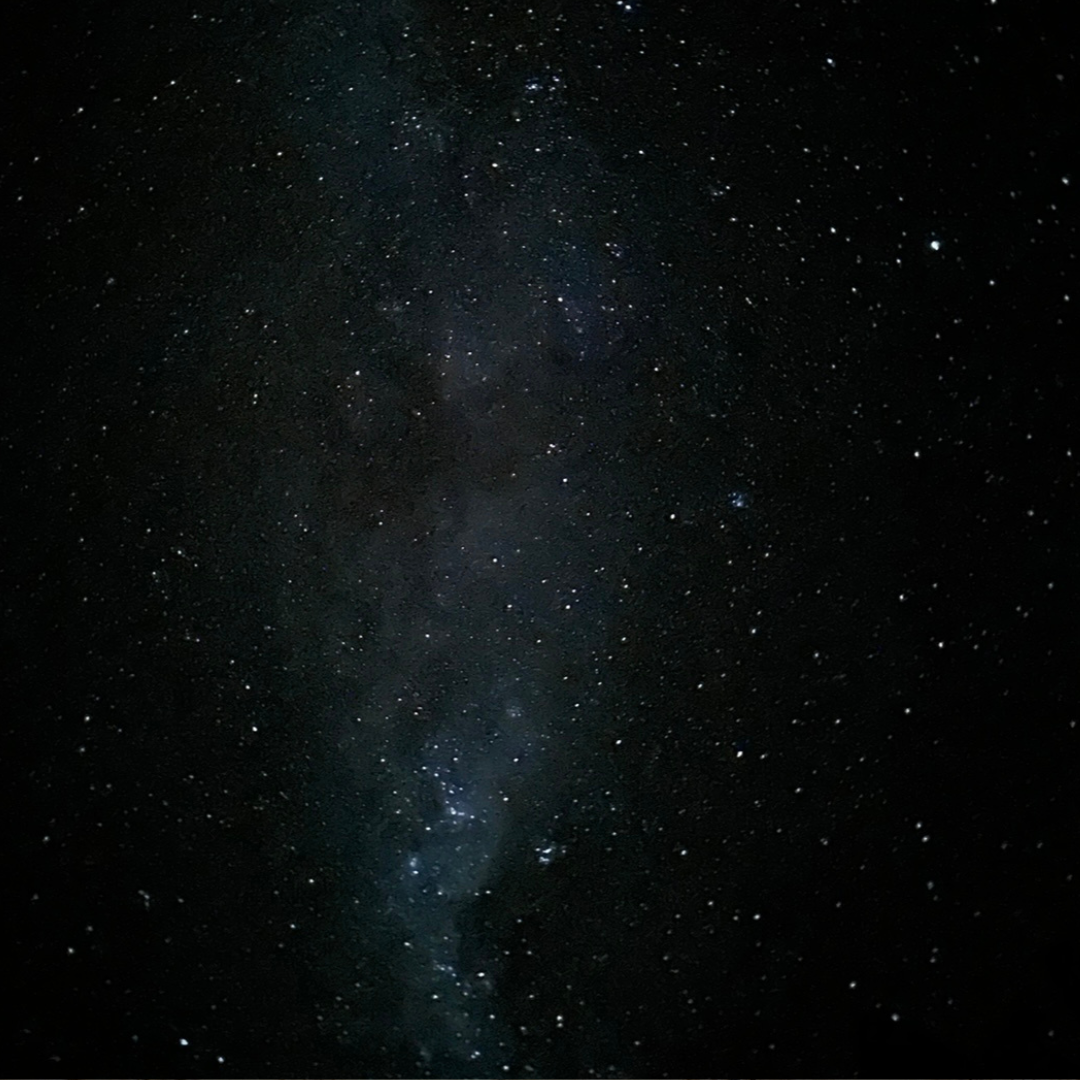My semester in New Zealand is coming to a close, and like many of us studying abroad, I’m a second semester junior now staring into the terrifying abyss of senior year. This of course has brought up many emotions, including the doom spiral of questioning what I am studying and my passion for it. In my case, the major is anthropology, but I feel like we all get to a point where we second-guess the academic certainty we had way back when. However, amidst finals prep here, the stress of the present and the future building on each other, I actually had a really nice moment of clarity in one of my courses.
There I was in the last lecture of environmental anthropology, thinking about how the material would relate to the final due later that week, when my professor deviated from his usual cynicism. We usually sat in the uncomfortable, and parsed out the relationships between disaster, pollution, and the interventions of politics and power entangled in the environment. But it was during this final class the tone shifted, not to blind optimism about the state of the environment and environmental change, but a hopeful throughline: attention and curiosity.
Come on, talking to a bunch of university students itching to get out of their last lecture to get one step closer to break. How could he possibly be talking about attention at a time like this? But it actually was not a preachy ‘attention to your studies’ kind of pitch. Instead, it was on the value of our attention, everyone’s attention. That it is our energy and perspective focused on one thing for however long that will create a chain reaction of impact. I was intrigued. Our attention is not something to be stretched, shortened, or hard-pressed, but a unique position we all hold to seek out the curiosity of the world.
This was really quite comforting to me–the idea that curiosity is out in the world, hopeful to capture someone’s attention. Recently, in the back of my mind, I have become frightened that my spark of curiosity is gone, that we just hit a certain point of studies and life and no longer have the creative instinct. Sometimes it feels like the world can beat you down and extinguish that spark. But to reframe curiosity as out there, as something innate to the world, takes some of the pressure off to be our own source of exploration and discovery all the time.
Being curious comes from being out in the world. And of course it is! I chased curiosity all the way out here to New Zealand. That one choice to follow my gut and focus my attention to study abroad has led to newfound intrigue about public transport, cultural community organizing and exchange, a love for hiking, and the beauty of the stars. New Zealand has allowed me to engage with curiosity in a way I didn’t think was possible since seven years old.
Getting back to the sentiment of my professor’s soap box, the world shimmers with curiosity. It is always there and alive, just twinkling beneath the surface of what we already know. It is not just our duty but our privilege to wield our attention as we choose to unearth that shimmer. I believe that even if I don’t end up having a career in exactly my area of study, or if I change my mind a million times and go back to school, or bouncy around passions, as long as I am chasing the shimmer of the world I am engaging with my studies, genuinely.
Tessa Goldlust
Spring 2024
GW Exchange - Victoria University of Wellington
Columbian College of Arts and Sciences
Sociocultural Anthropology Major


